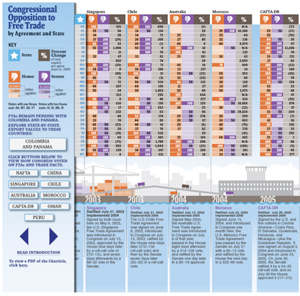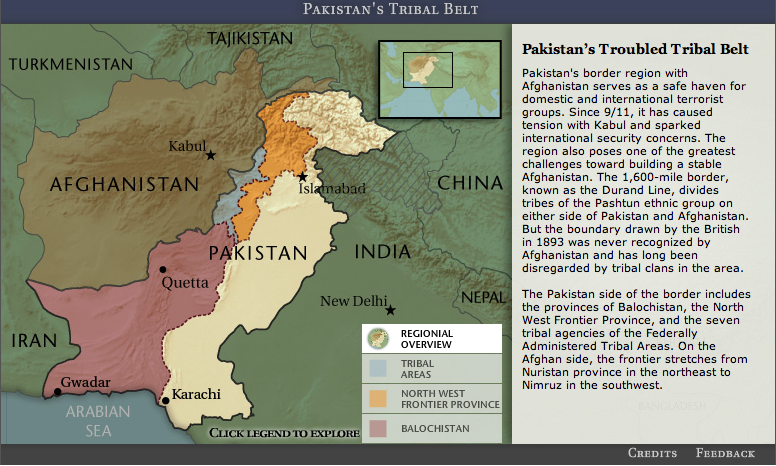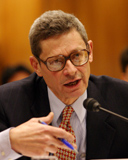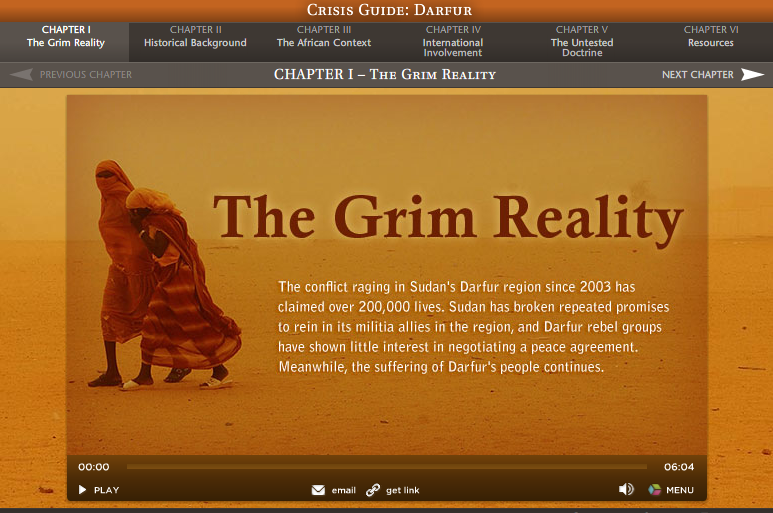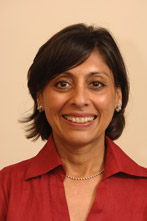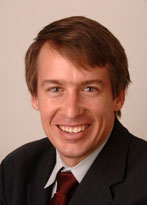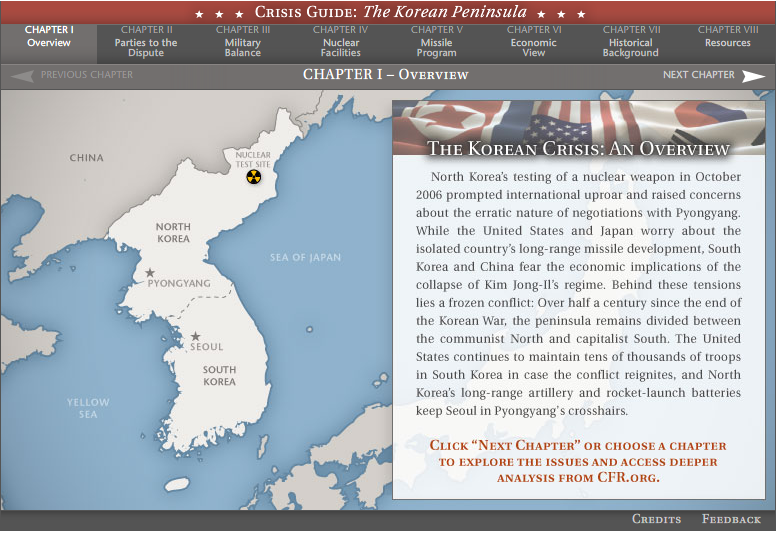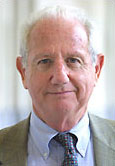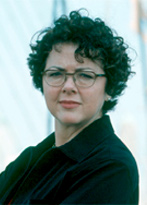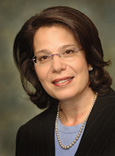AS/COA Online | Infographic: What's at Stake in Mexico's Midterm Vote?
/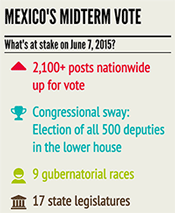 Click image to view full infographic.More than 21,000 offices are up for grabs in Mexico’s midterm elections on June 7, including all 500 seats in the lower house of Congress. That means the election could determine President Enrique Peña Nieto’s ability to usher through legislation in the second half of his term. The governing Institutional Revolutionary Party (PRI) has seen support fall in recent months in the wake of a housing scandal and outcry over the disappearance of 43 students in the state of Guerrero. But polls show the other two main parties—the right-leaning National Action Party (PAN) and the left-leaning Democratic Revolution Party (PRD)—failing to gain ground against the PRI, with other new or minor parties playing a role.
Click image to view full infographic.More than 21,000 offices are up for grabs in Mexico’s midterm elections on June 7, including all 500 seats in the lower house of Congress. That means the election could determine President Enrique Peña Nieto’s ability to usher through legislation in the second half of his term. The governing Institutional Revolutionary Party (PRI) has seen support fall in recent months in the wake of a housing scandal and outcry over the disappearance of 43 students in the state of Guerrero. But polls show the other two main parties—the right-leaning National Action Party (PAN) and the left-leaning Democratic Revolution Party (PRD)—failing to gain ground against the PRI, with other new or minor parties playing a role.
This voting round also marks the election of nine governors, and Nuevo León is emerging as a battleground state with an important feature: an independent candidate stands as a leading contender. In fact, this is the first midterm election that allows for independent candidates to run following a 2012 constitutional amendment.
AS/COA Online shares polls, numbers, and data for the election, as well as how Mexicans view government and democracy.

